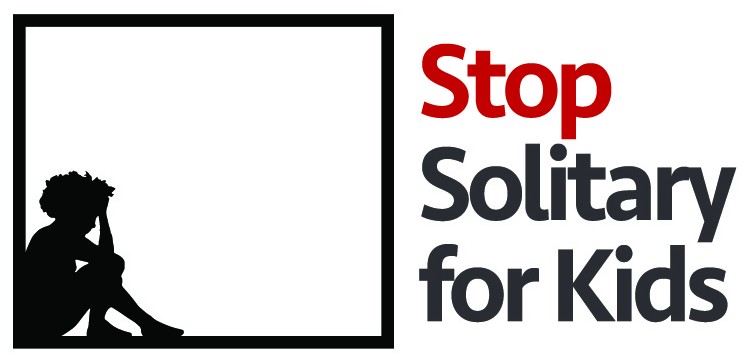OUR MISSION
The Stop Solitary for Kids campaign works to safely reduce and ultimately end the dangerous practice of solitary confinement for kids in juvenile and adult facilities.
Solitary confinement is one of the most harmful and counterproductive  practices that occurs to kids inside juvenile and adult facilities. Stop Solitary for Kids is a national campaign to safely end solitary confinement of youth in juvenile and adult facilities in the United States. We work with facilities, administrators, advocates, defenders, law makers, and others to develop and share alternative ways to hold youth accountable without solitary confinement. We support changes in laws, regulations, policies, and practice based on what we know works. Read below to learn more.
practices that occurs to kids inside juvenile and adult facilities. Stop Solitary for Kids is a national campaign to safely end solitary confinement of youth in juvenile and adult facilities in the United States. We work with facilities, administrators, advocates, defenders, law makers, and others to develop and share alternative ways to hold youth accountable without solitary confinement. We support changes in laws, regulations, policies, and practice based on what we know works. Read below to learn more.
Read More About What We Do
The campaign is a partnership between four national juvenile justice reform organizations. We focus on solutions that can create measurable and lasting change to end solitary. Our work includes public education, technical assistance, research, legislative education, policy reform, and improving facility practices.
Stop Solitary for Kids supports several different approaches to reform at the national, state, and local levels. We work to enhance collaboration by partnering with a wide range of groups, including court systems, state agencies, juvenile facilities, advocates, law makers, and impacted youth.
HOW WE SUPPORT REFORM
- Connecting local, state, and national advocates to available resources;
- Providing information to legislative committees on the harms of solitary and the alternatives to its use;
- Helping agencies/facilities develop policies, training, and programs to end solitary;
- Engaging youth and family members who have been impacted by solitary confinement;
- Supporting local, state, and national advocates in efforts to end the solitary for youth;
- Conducting targeted assessments of agencies and facilities to identify ways to end solitary;
- Helping agencies/facilities develop capacity to collect, monitor, and analyze data on the use of solitary;
- Connecting agency and facility administrators with peers who have successfully reduced solitary;
- Publishing information about successful reform efforts in jurisdictions throughout the country.
Contact Us For More Information
